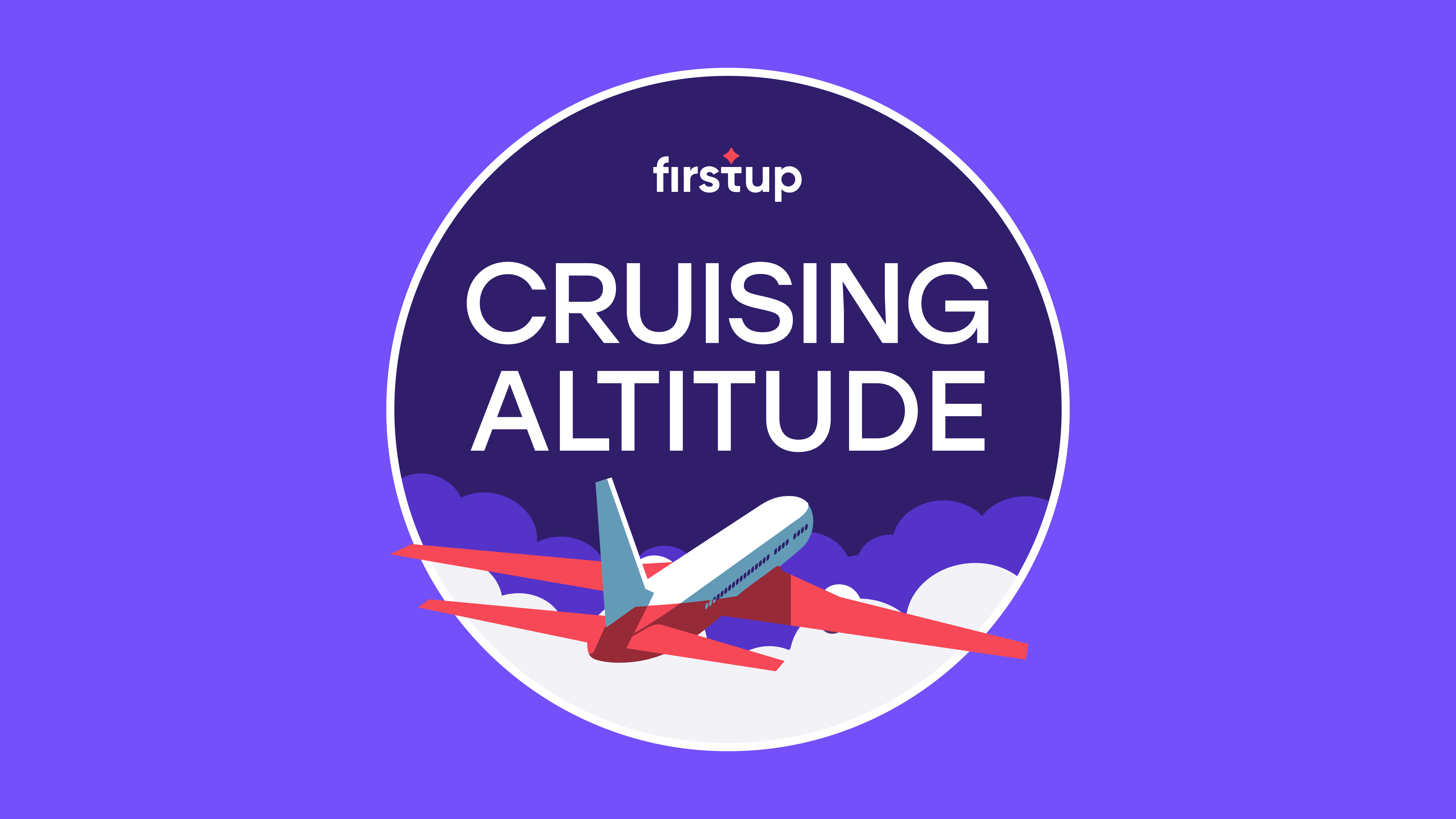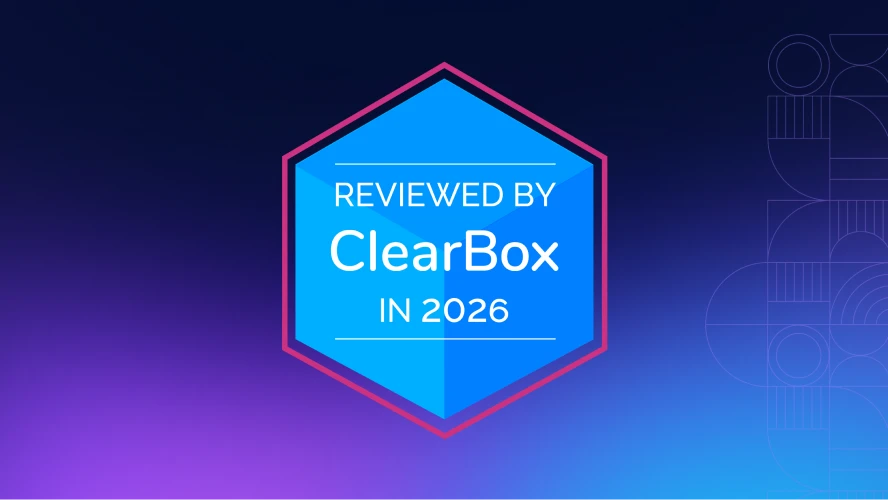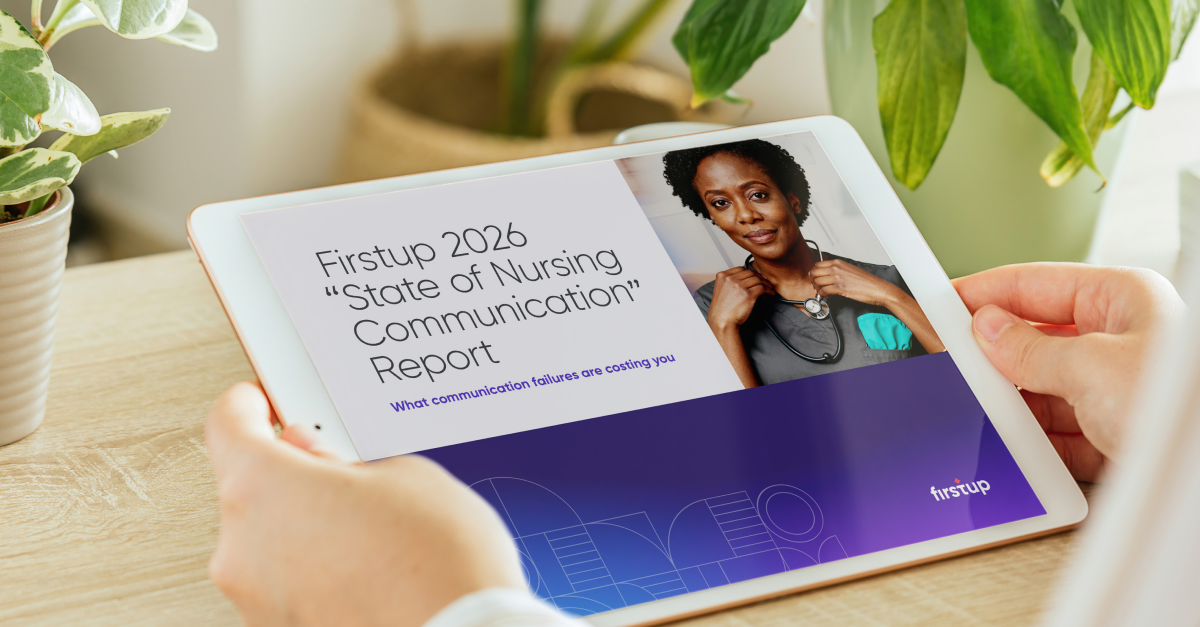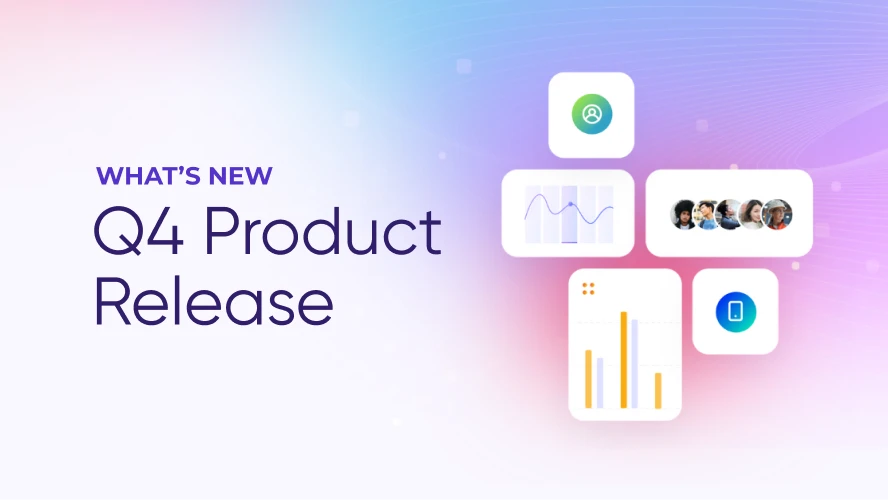“Employee experience is a must-do for everyone at the company. I think that It’s clear how competitive it is and what standards we need to have as an employer to attract and develop and retain the best talent.”
Brittany Polanco is Director of HR Innovation at Diageo. She joined Diageo in November 2021 as Human Resources Director, HRBP – Canada & US Beer & RTD. She brings with her over 10 years of human resources experience, having served in HR roles at companies like Hilton Worldwide and PepsiCo.
”Leaders who haven’t been shown or given that empowerment creates a cycle of them not having that space to take ownership, to really drive results, to lead. And I think that ends up coming down to the team below them or the colleagues around them. So I really think that there’s so much importance on the folks that you bring into your team and particularly the leaders that you bring in to be able to start this behavior. It has to start somewhere.”
Listen in to hear
- How to empower and support leaders to positively impact the team and drive results
- Tips on integrating AI and innovation within HR functions for greater efficiency while maintaining the human element
- Lessons on co-creating the employee experience to build trust and align with the actual needs of your employees
”In a world of what does ‘great’ look like in employee experience, there is so much nuance. But I do believe that the more that you can allow each individual to bring their strengths and their creativity, the more you make a structure where you appreciate and pull in the strengths and skills of those and other functions and other teams.”
Related posts
Subscribe via Email
Subscribe to our blog to get insights sent directly to your inbox.




